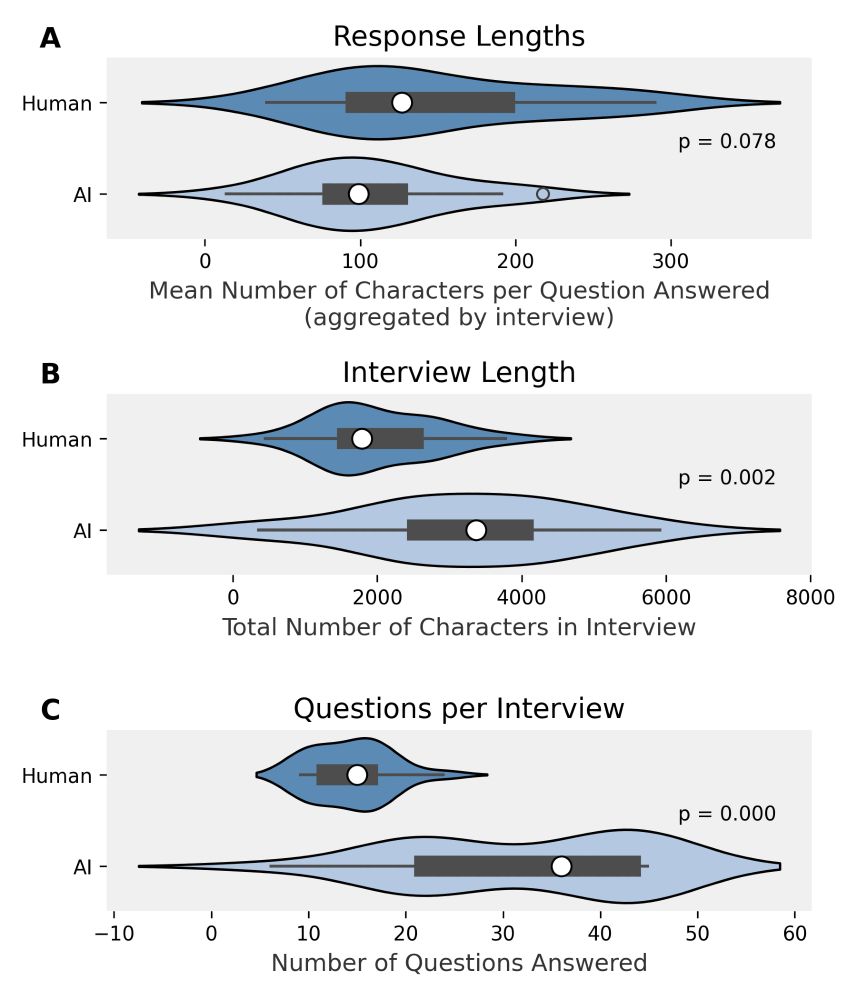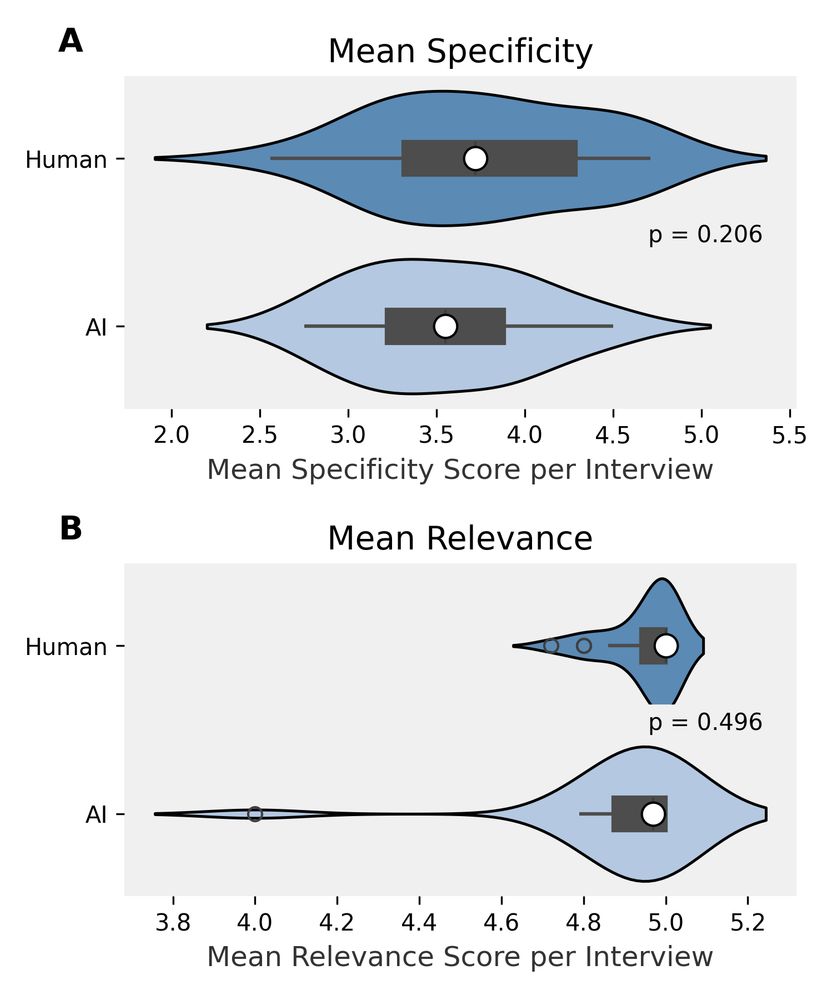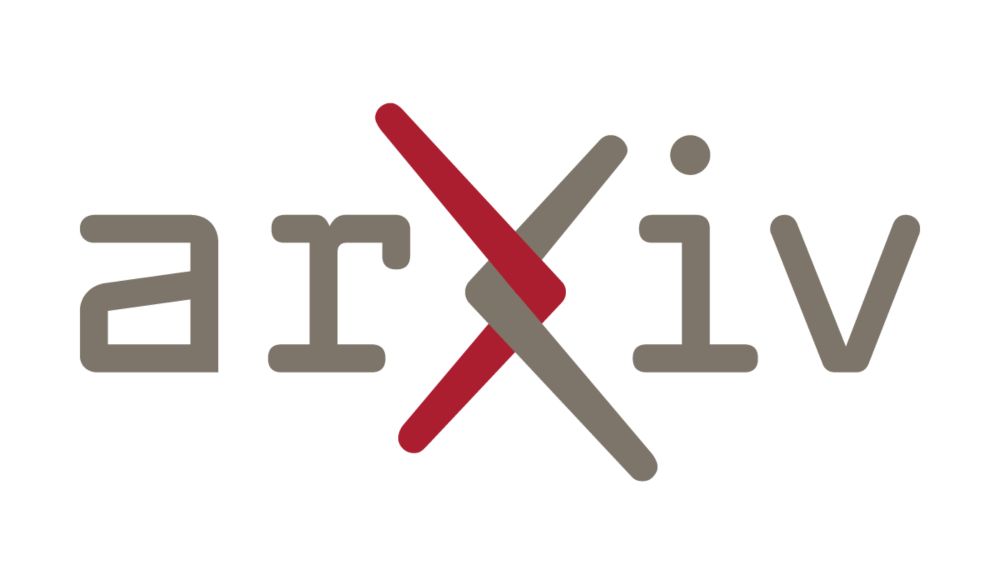
Princeton-SMART is now live. A new research tool for studying smartphone usage. Webinar: Wed, Nov 5, 4pm EST mailchi.mp/44580536fe1f...
29.10.2025 19:29 — 👍 2 🔁 1 💬 0 📌 0@hjalmarcarlsen.bsky.social
Associate Professor, Center for Social Data Science(SODAS), University of Copenhagen. Background in sociology, substantive research in civic participation, methods research in mixed methods approaches to digital data.

Princeton-SMART is now live. A new research tool for studying smartphone usage. Webinar: Wed, Nov 5, 4pm EST mailchi.mp/44580536fe1f...
29.10.2025 19:29 — 👍 2 🔁 1 💬 0 📌 0
The Question of Manipulability I believe that this is a long-overdue correction for a reason. Much of the literature on polarization has operated under a tacit assumption: that political attitudes are malleable. If you frame an issue one way, you can shift people’s support for particular candidates. If you “humanize” out-partisans, animosity declines. If you push people into a room and make them discuss a question for 15 minutes, you see that ideology is more moderate than it would be1. The implicit theory of political culture operating here is that people’s ideologies are weak, malleable, and ready to be channeled into something “good” if only we have the “right” intervention. 1 That is, they are more likely to be 2, 3, or 4 in a Likert scale than being 1 or 5 on a 5-point scale.
I believe that the experimental paradigm in "polarization research" should receive strong criticism for its thin conception of political culture. I make this argument in a new blog post.
Experiments Can’t Reduce Partisan Animosity
tkeskinturk.github.io/blog/experiments
Carolina Sociology is hiring!
• Tenure-track in computational sociology or advanced quantitative methods
• Open rank in population health.
unc.peopleadmin.com/postings/307...
unc.peopleadmin.com/postings/307...
super interesting. We are working on new cohorts in the refugee support movement in the wake of the Ukrainian refugee influx. Think your model here can help clarify some stuff!
01.09.2025 18:30 — 👍 1 🔁 0 💬 0 📌 0
New job ad: Assistant Professor of Quantitative Social Science, Dartmouth College apply.interfolio.com/172357
Please share with your networks. I am the search chair and happy to answer questions!
📢JOB ALERT 📢My department at the @ausis.bsky.social is hiring a social scientist who works on disaster!! The specific focus is open so check out the job announcement below (I'm not one the committee, so this is ALL I know) #ComeWorkwithMe!
american.wd1.myworkdayjobs.com/AU/job/Main-...
New working paper with Tom Robinson, Laura Fung and Caroline Roberts. We use an LLM to classify occupations in surveys in real time, probing 'intelligently' when more info is needed. Results show big reductions in cost, time and respondent burden.
osf.io/preprints/so...
Looks like a super useful application.
09.08.2025 19:28 — 👍 0 🔁 0 💬 0 📌 0![The Human Toll
The US is undergoing rapid social, economic, and policy change.
If you've been impacted, we want to hear your story!
To participate, visit: https://tinyurl.com/thehumantoll
Study sponsored under University of Wisconsin-Madison IRB Protocol #2025-1096. PI: Dr. Jessica Calarco
Participants must be at least 18 years of age and reside in the US
[image of a person with their face in their hands]](https://cdn.bsky.app/img/feed_thumbnail/plain/did:plc:dtgy62tymnpbnzozbpgnov56/bafkreicro3flghnakku6uen3amys7c7v4hinl6b5h7xn2iu3qw7fwzv5uy@jpeg)
The Human Toll The US is undergoing rapid social, economic, and policy change. If you've been impacted, we want to hear your story! To participate, visit: https://tinyurl.com/thehumantoll Study sponsored under University of Wisconsin-Madison IRB Protocol #2025-1096. PI: Dr. Jessica Calarco Participants must be at least 18 years of age and reside in the US [image of a person with their face in their hands]
If you want to share your story--or share what you'd say to the people responsible for the current changes in the US--you can do so at the link below. And please share widely! It's essential that we document the human toll.
tinyurl.com/thehumantoll
Get the latest on social science methods and AI
01.08.2025 19:17 — 👍 4 🔁 3 💬 0 📌 0
The "can you have" of this world.
01.08.2025 19:14 — 👍 2 🔁 0 💬 0 📌 0
My department at Leuphana University offers 6 fully funded PhD scholarships (incl. research funding) for three years.
If you are interested in studying democratic resilience (particularly party competition and elections 🤓) and you have a strong methodolgical background: Apply!
shorturl.at/kcTbG

We're hiring! Please share with your networks!
The Department of Sociology at the University of Wisconsin-Madison invites applications for a tenure-track position at the rank of assistant professor in the field of demography of health and aging beginning in August 2026
jobs.wisc.edu/jobs/assista...
Super important agenda paper on the use of AI in survey research. Good to see that AI as interviewer is getting the attention it deserves(most have focus on AI as respondent).
27.07.2025 08:04 — 👍 2 🔁 0 💬 0 📌 0The Stanford GSB is hiring in macro & micro OB! If you do sociology, psychology, OB, strategy, management, computational social science, please apply.
On the macro side, mid-career folks are especially invited to apply.
See here👇
www.gsb.stanford.edu/jobs/faculty...
Vienna is pretty high on my list of liveable cities and so it should be on yours... consider applying
21.07.2025 14:13 — 👍 22 🔁 6 💬 1 📌 0Want to access the slides and the notebook for this session on LLM for Content Analysis in the Social Sciences? Here they are! www.css.cnrs.fr/llm-power-to....
Information about Text classification; Information Extraction, Text Clustering with encoders and decoder models.
We draw on prior efforts of @felixchopra.bsky.social,
@kunkakom.bsky.social, @ihaal.bsky.social, Friedrich Geiecke and Xavier Jaravel.
In the context of #IC2S2 2025:
I would like to hear your thoughts on the future of Computational Social Science.
What do you see as the biggest opportunities and challenges ahead?
It’s a short, AI-led interview.
Interested? Start your interview here:
www.ainterviewer.dk/interview?id...
📢 I’ll be presenting our new work on AI-led vs. human-led chat-based interviews at #IC2S2 in Norrköping this week!
Curious about AI-interviewing, large-N qual data, building your own chatbot for research, or collaborating? Please reach out(DM is open)
For more see thread.
Preprint: osf.io/k7f89
Thanks to my co-authors Semra, Tobias and @andbjn.bsky.social and to the @villumfonden.bsky.social foundation and @cphsodas.bsky.social who have both founded the AI-interview project.
21.07.2025 13:15 — 👍 1 🔁 0 💬 1 📌 0Of course, there are big challenges to this kind of experimental comparison 🧵
1) Data quality in qual interviews isn’t standardized
2) It’s rarely operationalized as quantitative measures
3) Chat-based interviews ≠ in-depth, face-to-face interviews
4) Small N
Important limitations to keep in mind.
📄 Read the preprint: osf.io/k7f89
If you're working on or curious about AI-interview methods, feel free to reach out (DMs open)!
This is part of a broader project developing the AI-interviewer, led together with @annarogers.bsky.social
Why this matters 🧵
1) AI-interviewers can yield reasonable data quality, supporting their promise for large-scale qualitative research.
2) As opposed to other AI-interview studies, we used a locally hosted, open-weight model—boosting data security, transparency & reproducibility.


Key results 🧵:
🧠 Human-led: longer answers per question
🕐 AI-led: longer interviews overall (faster question delivery)
📋 No dif in response quality (specificity + relevance)
LLMs do pretty well—
But responses are short compared typical qualitative interviews.
We ran an experiment with 40 students 🧵.
Participants were randomly assigned to be interviewed—via text chat—by either:
🤖 a locally hosted AI chatbot
👩🏫 or a trained human interviewer
Same interview guide. Same interface.
Different interviewers formulating different probes.
What did we find?
🚨 New preprint!
"Comparing AI-led to human-led chat-based interviews"
Can LLMs collect interview data similar to human RAs?
Turns out… yes (mostly).
Note: these were text interviews—not directly comparable to in-depth, face-to-face qualitative interviews.
Led by Semra Guven & @gaardhus.dk
🧵👇
I do not hope that citizens are using chatgpt for learning about politics, at least not DK and other smaller countries. It places Enhedslisten together with Danish People party and Ny Borgerlig on the issue of immigration.
14.04.2025 13:20 — 👍 0 🔁 0 💬 0 📌 0
Large Language Model-based social simulation has emerged as an exciting new research method.
But do LLMs actually resolve the problems that have historically limited use of Agent-Based Models? What do they bring?
We review the literature to find out!
with Maik Laaroij
arxiv.org/abs/2504.03274